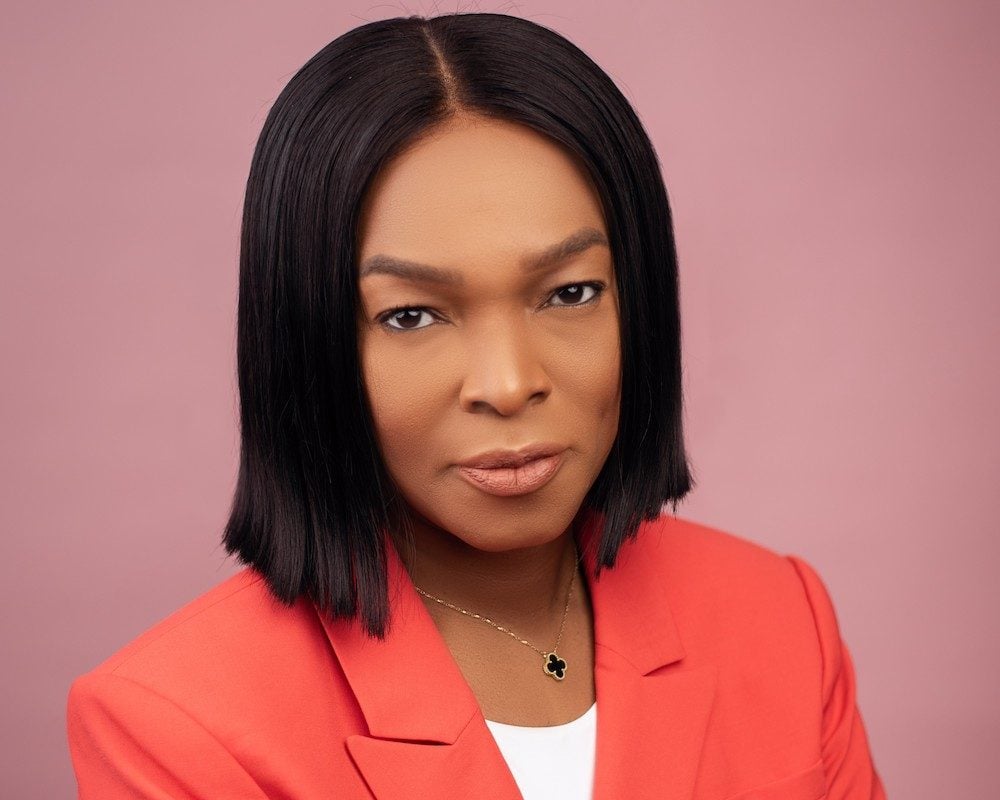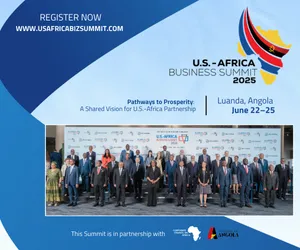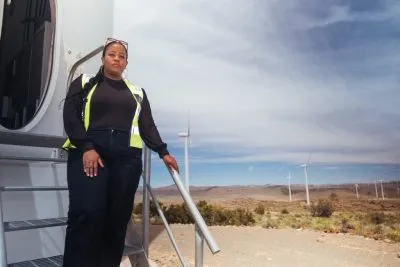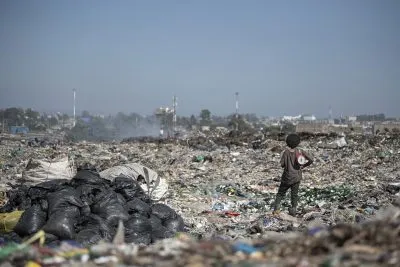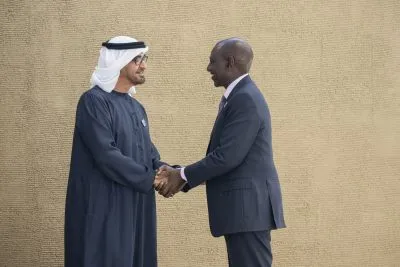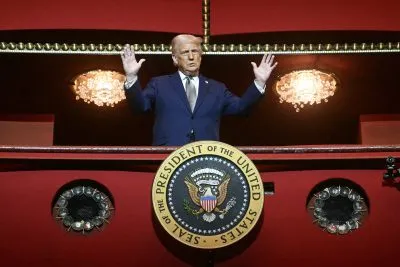On 2 March, representatives from 175 nations endorsed a historic resolution at the UN Environment Assembly in Nairobi to end plastic pollution and forge an international legally binding agreement by the end of 2024.
Plastic pollution clogs waterways, causing floods and destruction that disproportionally impacts minority groups and marginalised communities in countries like Africa, a recent UN report found.
In Africa, Coca-Cola has pledged to join in the fight with continued focus on designing sustainable packaging of its products, collecting and recycling a bottle or a can for each one they place in the market, and creating effective partnerships with key actors that will support the solution of a World Without Waste.
Ambitious commitment
“We made a commitment back in 2018 to collect and recycle the equivalent of every bottle or can we sell by 2030. This is important to creating a world without waste and keeping the waste out of the environment.” says Patricia Obozuwa, Africa Operating Unit (AOU) Vice President for Public Affairs, Communications and Sustainability.
Coca-Cola in Africa made its first water bottle entirely out of recycled plastic (100% rPET) under its Bonaqua brand in its South African market.
In January this year, the company introduced the new Crystal Sparkling Clear in Mauritius, moving from green to clear PET (Polyethylene terephthalate) plastic which is 100% recyclable. Over 60% of the Sprite brand sold in Africa is now sold in clear bottles, with the company expecting to push this further to 90% by end of this year.
Building a sustainable recycling chain
Globally about 37% of waste that is collected goes to landfills, but if they are poorly designed it leaks into the environment and local waterways, causing ecological damage.
Coca-Cola Africa is also supporting local recycling sectors and partnering with key actors to collect and divert packaging waste from landfills across the continent.
The company is an active member of the PET Recycling Company (PETCO) which represents South Africa PET plastic industry’s joint effort in supporting recycling operations. In 2021, PETCO enabled the collection and recycling of 62% of South Africa’s PET beverage.
By taking responsibility for post-consumer PET recycling, PETCO imposes accountability over the entire life cycle of PET products and packaging. This means that companies that manufacture, import and/or sell PET products and packaging are financially and physically responsible for such products after their useful life.
“With the success of this model, we have further rolled out PETCO in Kenya and Ethiopia as well as support other Producer Responsibility Organisations (PROs), like the Food & Beverage Recycling Alliance in Nigeria.” says Coca-Cola’s Obozuwa.
Partner for sustainable growth through JAMII
While Coca-Cola aims to limit the environmental impact caused by plastic waste, this is just one of the three pillars in the new three-pronged sustainability platform, JAMII launched earlier this year. The platform also focuses on water stewardship and women and youth empowerment, as the company works to position itself as the partner for sustainable growth in the continent.
Coca-Cola’s 2030 water strategy focuses on ensuring that water use is socially equitable, environmentally sustainable, and economically beneficial.
“Water is the primary ingredient in most of our beverage, and fundamental for the wellbeing of communities and economies. That’s why we are expanding our focus from primarily improving water access for communities to also improving the availability of clean water for business, communities and the environment through protecting natural water resources where we operate or source ingredients,” says Obozuwa.
Coca-Cola plans to replenish 100% of the water used in production of its products by managing water use efficiently, supporting the conservation of natural water resources and improving community water access and climate change adaption. So far, combined efforts by Coca-Cola Africa, The Coca-Cola Foundation and its partners have resulted in sustainable access to drinking water for over 6m people through the Replenish Africa Initiative (RAIN). Coca-Cola has also exceeded its initial target by replenishing 102% of 2020 sales volumes.
In the area of women and youth economic empowerment, JAMII will promote and stimulate entrepreneurship opportunities by providing improved access to skills training, networks, finance, and markets. To date, over 2m women across Africa have been economically empowered as part of the company’s 5by20 programme.
Want to continue reading? Subscribe today.
You've read all your free articles for this month! Subscribe now to enjoy full access to our content.
Digital Monthly
£8.00 / month
Receive full unlimited access to our articles, opinions, podcasts and more.
Digital Yearly
£70.00 / year
Our best value offer - save £26 and gain access to all of our digital content for an entire year!

 Sign in with Google
Sign in with Google 